Councils fear they may lose “crucial” revenue from the sale of materials if containers are collected via reverse vending machines as part of the DRS.
The introduction of the DRS across the UK is expected to see many beverage containers made from aluminium, steel and plastic disappear from kerbside collections.
A spokesperson for the Local Authority Recycling Advisory Committee told letsrecycle.com high resale values for PET and aluminium helped keep council reprocessing contract costs down, either through subsidised gate fees or direct revenue shares.
Another council representative told letsrecycle.com it was difficult to estimate how much they may lose as the department for the environment, food and rural affairs (Defra) was yet to publish its official response on the DRS, despite consulting on it in spring 2021. Defra is expected to release its response imminently, after which there will be greater clarity on the scheme’s impact.
A Defra spokesperson told letsrecycle.com an as yet unappointed deposit management organisation would own the DRS material in England, Wales and Northern Ireland. The material will be sold to reprocessors and become a revenue stream for the scheme, “as is common in international DRSs,” the spokesperson said.
They added: “We do not anticipate local authorities being disproportionately affected by the introduction of the DRS. Whilst they may lose revenue from the sale of material, we also envisage local authorities making savings as a result of reduced litter clean-up and a reduction of costs associated with collecting and sorting DRS material collected at kerbside.”
Asked whether there were plans to compensate councils for the loss of income from material sales after the DRS launched, the spokesperson said local authorities would receive payments to cover the costs of managing in-scope packaging waste from 2024 under extended producer responsibility for packaging.
We do not anticipate local authorities being disproportionately affected by the introduction of the DRS
- Defra spokesperson
DRS
All four UK nations have announced they will introduce a DRS for beverage containers by 2025, with Scotland’s set to be the first. Scotland and Wales will include aluminium, glass, plastic and steel containers in their DRS systems, but England and Northern Ireland will exclude glass.
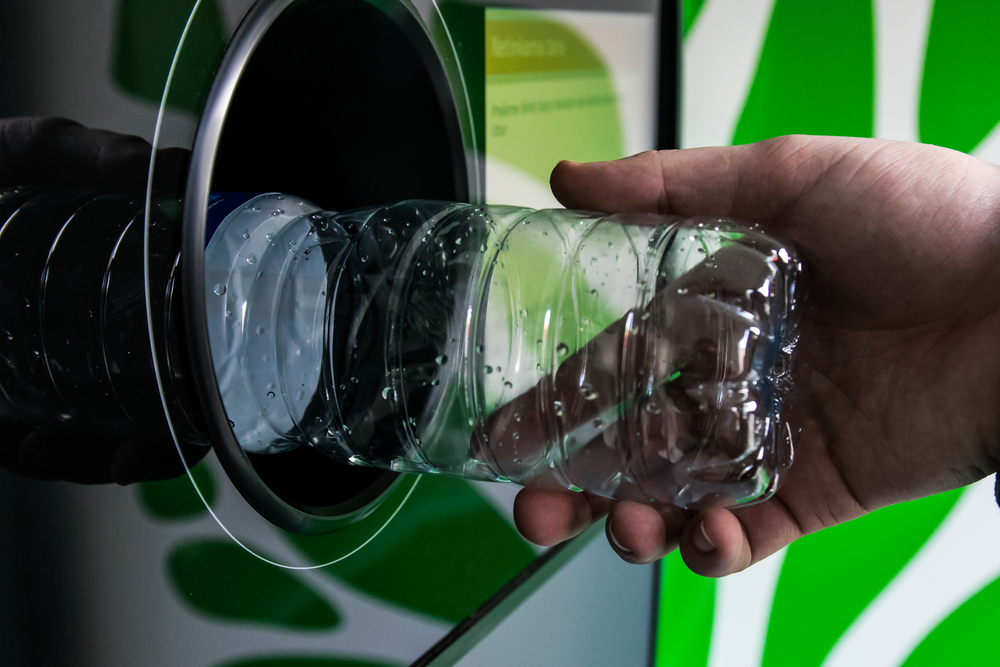
Scotland’s DRS goes live on 16 August. In December, Falkirk council announced it would stop collecting glass at the kerbside once the Scottish DRS launches after forecasting the system would cost it £234,000 in lost revenue (see letsrecycle.com story).
Asked about the scheme’s impact on local authority finances, the Scottish Government told letsrecycle.com its DRS would recycle billions of bottles and cans every single year. A spokesperson said: “The scheme will mean that local authorities will have less of this kind of waste to handle, as well as reducing litter and associated clean-up costs, which is good for residents and council budgets.”
The spokesperson also pointed to the Scottish Government’s £70 million Recycling Improvement Fund, which they said would support councils to “modernise recycling services, align with our forthcoming DRS, and make it easier for households to recycle and increase local recycling rates”.
Wales
A spokesperson for the Welsh Government told letsrecycle.com it had commissioned WRAP Cymru to undertake additional analysis to understand the impact of the DRS on Welsh local authorities.
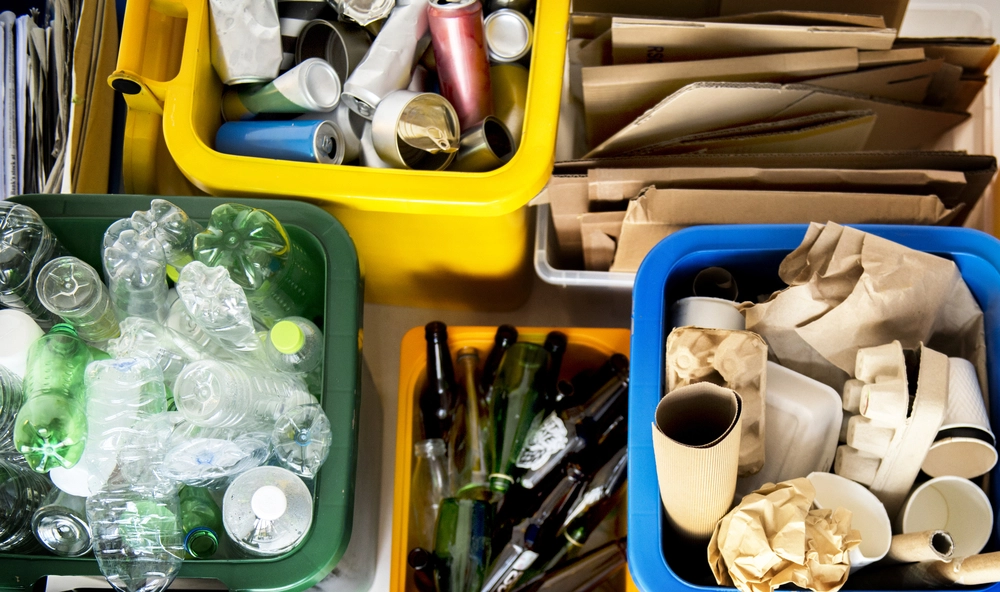
The analysis showed that, at an “all Wales level”, introducing a DRS would provide a net benefit to local authorities due to the reduction in costs associated with residual treatment and materials recovery facility fees.
However, WRAP Cymru’s study suggested councils who used a kerbside sort system stood to lose between £61,000 and £96,000 annually through the loss of revenue.
The Welsh Government spokesperson said there were no plans to compensate local authorities “directly” for the loss of material from collection services as it is diverted through the DRS system.
However, they added: “In the 2021 consultation we did set out options for how any DRS containers remaining in the local authority waste stream should be considered. This included allowing local authorities to redeem deposits if they can recover DRS containers from their residual waste, for the deposit management organisation to pay a fee to local authorities for the waste management of DRS material in residual waste and a final option of a combination of both options.”
Northern Ireland
A spokesperson for Northern Ireland’s department of agriculture, environment and rural affairs told letsrecycle.com an initial assessment in 2021 estimated that 7%-10% of all DRS containers placed on the market would continue to be collected at the kerbside.
The DRS is intended to create a segregated waste stream that produces high quality material that can be reprocessed for “bottle-to-bottle” or “can-to-can” recycling, the spokesperson said.
Digital
It has been suggested that a digital DRS, where residents scan codes on packaging before placing it in their kerbside recycling bins, could allow local authorities to maintain control of the material and therefore the revenue.
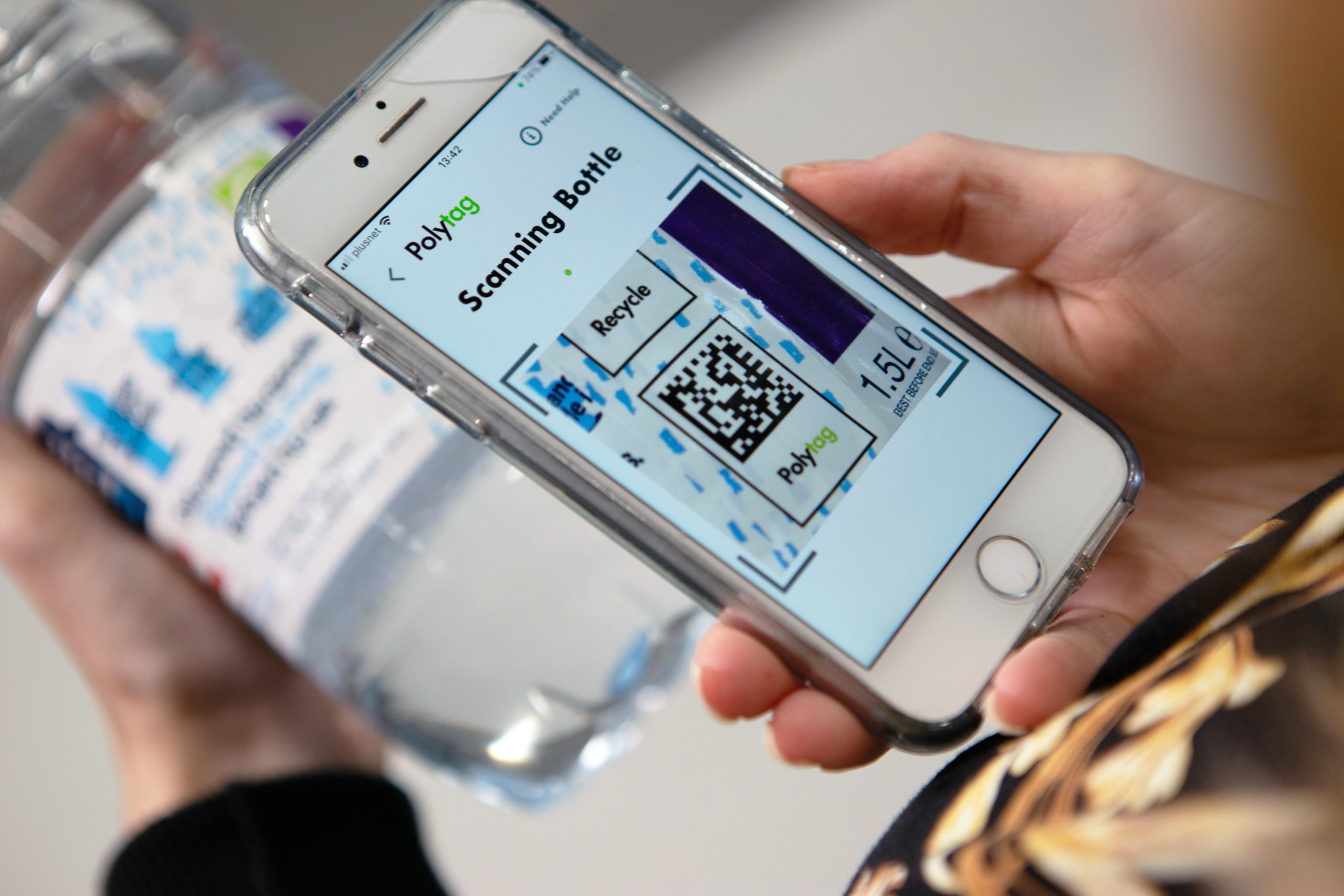
The Defra spokesperson said they “recognised the benefits” of a kerbside-based digital DRS and “remain encouraged in seeing the continued testing of the feasibility for introducing a digital scheme in the future”. “However, the digital approach to DRS is in its infancy and is still being trialled, and for that reason it is not the right time to commit to a full-scale digital DRS,” they said.
The Welsh Government said it was “piloting the potential” for a digital DRS which could provide kerbside collection services to return in-scope containers in addition to retailers acting as return points.
“The technology is not yet established but we remain interested in its potential and development work is taking place in the food and drink and technology sectors,” the spokesperson said. “We will continue the evaluation for the potential use of a digital system as we proceed into 2023 and discuss in detail with the sector the final operational design of the scheme.”





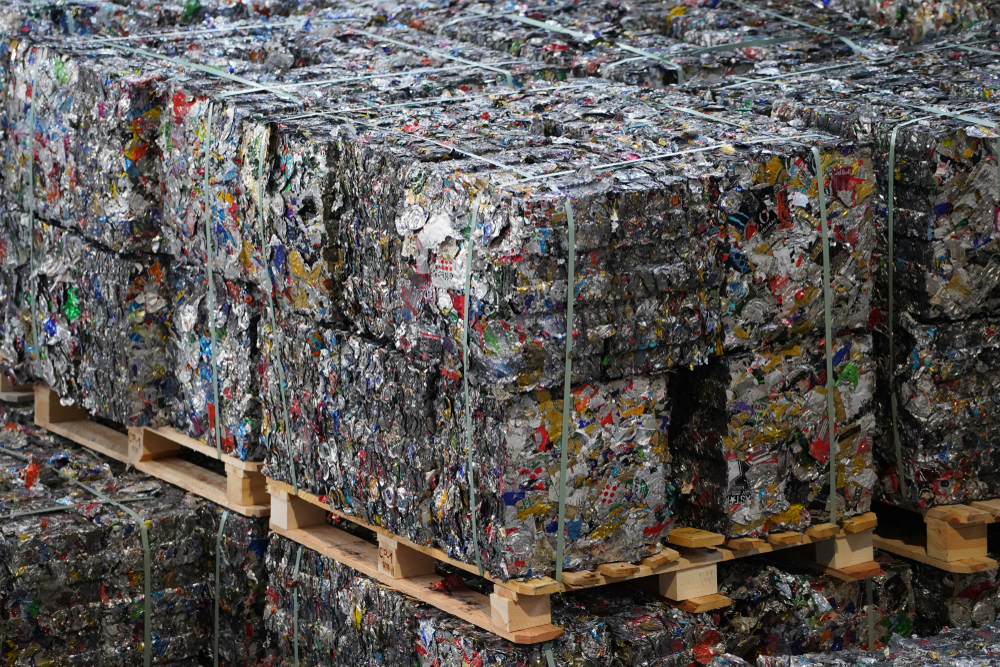

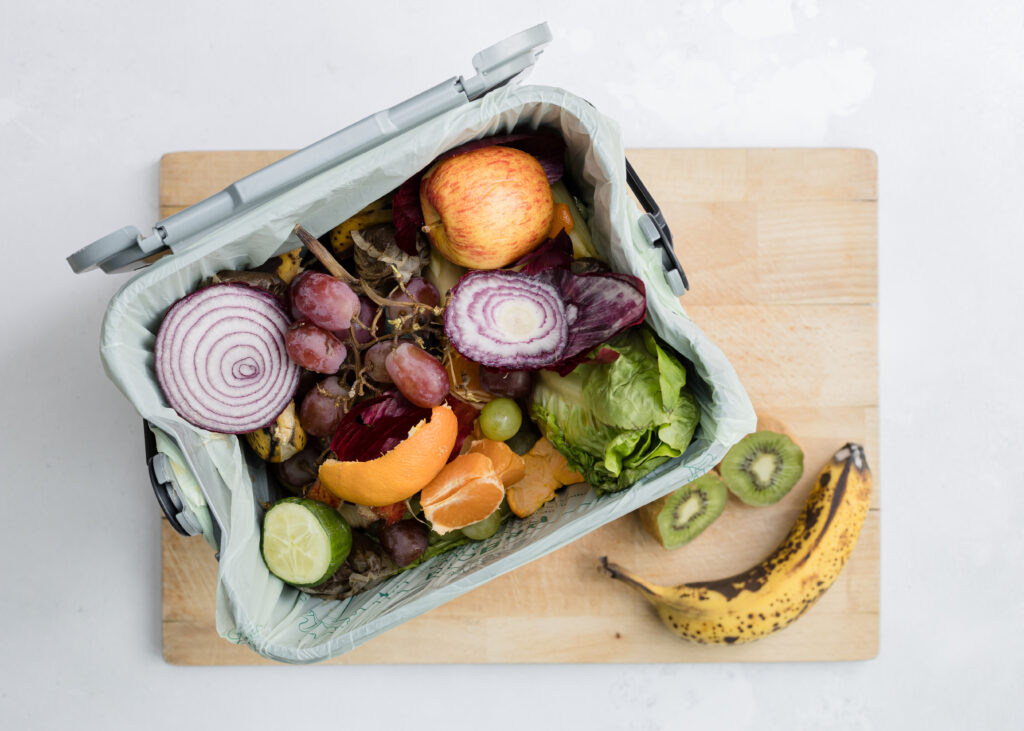

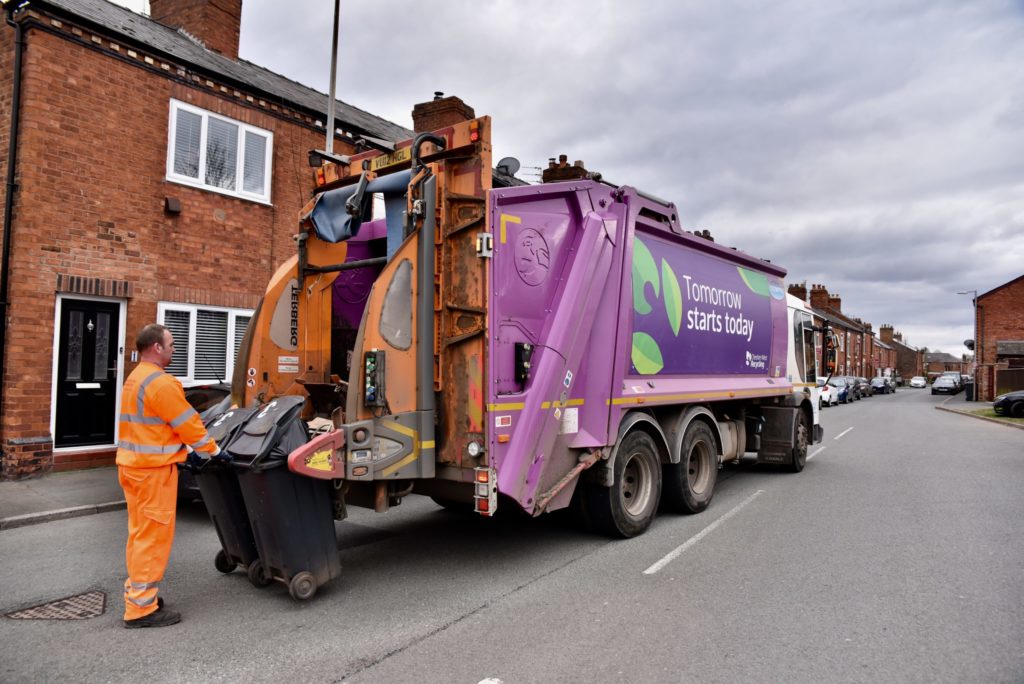


Subscribe for free